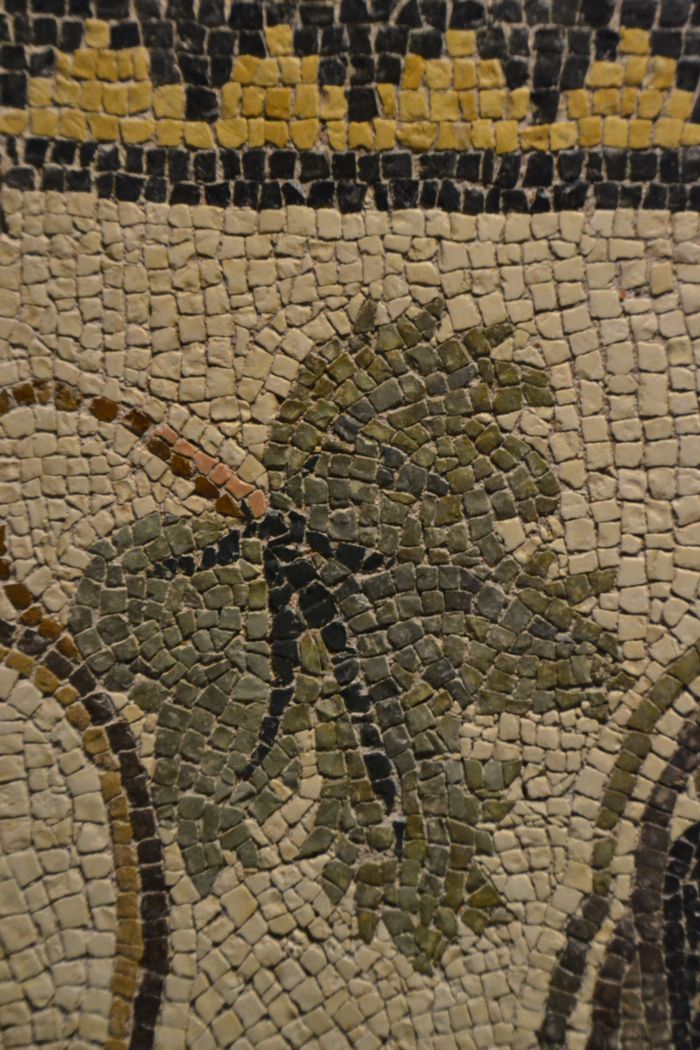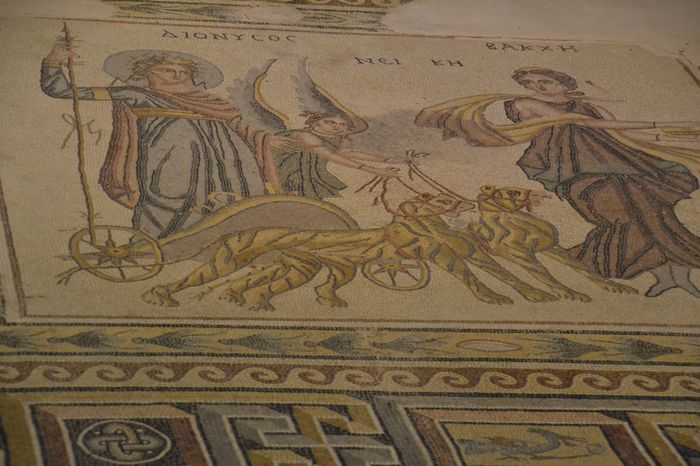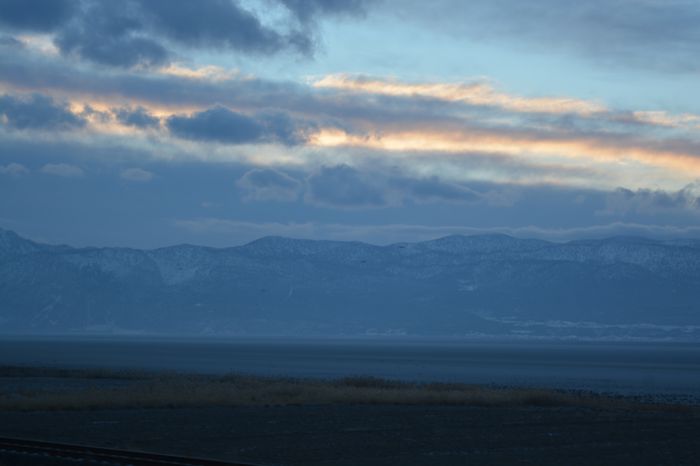The result is, that a Modern City is an amorphous amoeba-like aggregate of buildings, wholly without defined limits, form, permanence, organisation, or beauty — often infinitely dreary, monstrous, grimy, noisy, and bewildering. In America and in parts of England, a big town springs up in twenty or thirty years out of a moor, or out of a village on a mill-stream. If you leave your native town — say to go to India, and return after five-and-twenty years, you will not find your way about it; and a gasometer or a railway-siding will have occupied the site of the family mansion. A modern city is the embodiment of indefinite change, the unlimited pursuit of new investments and quick returns, and of everybody doing what he finds to pay best. The idea of Patriotism, Art, Culture, Social Organisation, Religion — as identified with the city, springing out of it, stimulated by it — is an idea beyond the conception of modern men.
There are certainly cities in Europe where some re
The result is, that a Modern City is an amorphous amoeba-like aggregate of buildings, wholly without defined limits, form, permanence, organisation, or beauty — often infinitely dreary, monstrous, grimy, noisy, and bewildering. In America and in parts of England, a big town springs up in twenty or thirty years out of a moor, or out of a village on a mill-stream. If you leave your native town — say to go to India, and return after five-and-twenty years, you will not find your way about it; and a gasometer or a railway-siding will have occupied the site of the family mansion. A modern city is the embodiment of indefinite change, the unlimited pursuit of new investments and quick returns, and of everybody doing what he finds to pay best. The idea of Patriotism, Art, Culture, Social Organisation, Religion — as identified with the city, springing out of it, stimulated by it — is an idea beyond the conception of modern men.
There are certainly cities in Europe where some remnant of the old civic patriotism and municipal life survives, as it does in Paris, Rome, Venice, Genoa, Florence, Hamburg, and Bern. In the British islands, perhaps Edinburgh may be said to have retained a sense of civic life, art, and history; it is an organic and historic city — not too large, and of singular and striking natural features. York, Lincoln, Nottingham, Leicester, Oxford, are historic cities with the sacred fire still burning feebly in their ancient sanctuary. London, if we limit London to one- fortieth of its area and one-tenth of its inhabitants, has still the consciousness of the culture, glory, and life of a great city. But for the rest of its area and population, it is lost and buried under the monotonous pile of streets, over an area as large as a county — without history, culture, or consciousness of any organic life as an effective city adventure balkan tours.
The monstrous, oppressive, paralysing bulk of modern London is becoming one of the great diseases of English civilisation. It is a national calamity that one-sixth of the entire population of England are, as Londoners, cut off at once both from country life and from city life; for those who dwell in the vast suburbs of London are cut off from city life in any true sense. A country covered with houses is not a City. Four or five millions of people herded together do not make a body of fellow-citizens.
Hardly possible
A mass of streets so endless that it is hardly possible on foot to get out of them into the open in a long day’s tramp — streets so monotonous that, but for the names on the street corner, they can hardly be distinguished one from the other — with suburbs so unorganized and mechanical that there is nothing to recall the dignity and power of a great city — with a population so movable and so unsociable that they are unknown to each other by sight or name, have no interest in each other’s lives, cannot be induced to act in common, have no common sympathies, enjoyments, or pride, who are perpetually hurrying, each his own way to catch his own train, omnibus, or tram-car, eager to do a good day’s business on the cheapest terms, and then get to some distant home to a meal or to rest. That is not life, nor is it society. These huge barracks are not cities. Nor can an organic body of citizens be made out of four millions of human creatures individually grinding out a monotonous existence.
The bulk, ugliness, flabbiness of modern London render city life, in the true and noble sense, impossible or very rudimentary. It would be unjust to pronounce Liverpool, Manchester, and Glasgow too big to make true cities — though they have hardly yet found how to deal with their huge extent. But Paris, with four times the area and the population of these, still has contrived to remain an organic and mighty city. But Liverpool, Manchester, Glasgow (and the same is more or less true of Birmingham, Newcastle, Leeds, and Bristol), have enlarged their boundaries so rapidly and so entirely under the dominant passion of turning over capital and increasing the output — that beauty, dignity, culture, and social life have been left to take care of themselves, and the life of the labouring masses (for the well-to-do protect themselves by living outside and reducing their city life to ‘ works ’ and an office) is monotonous to all and to many almost bereft of physical comfort and moral elevation.









